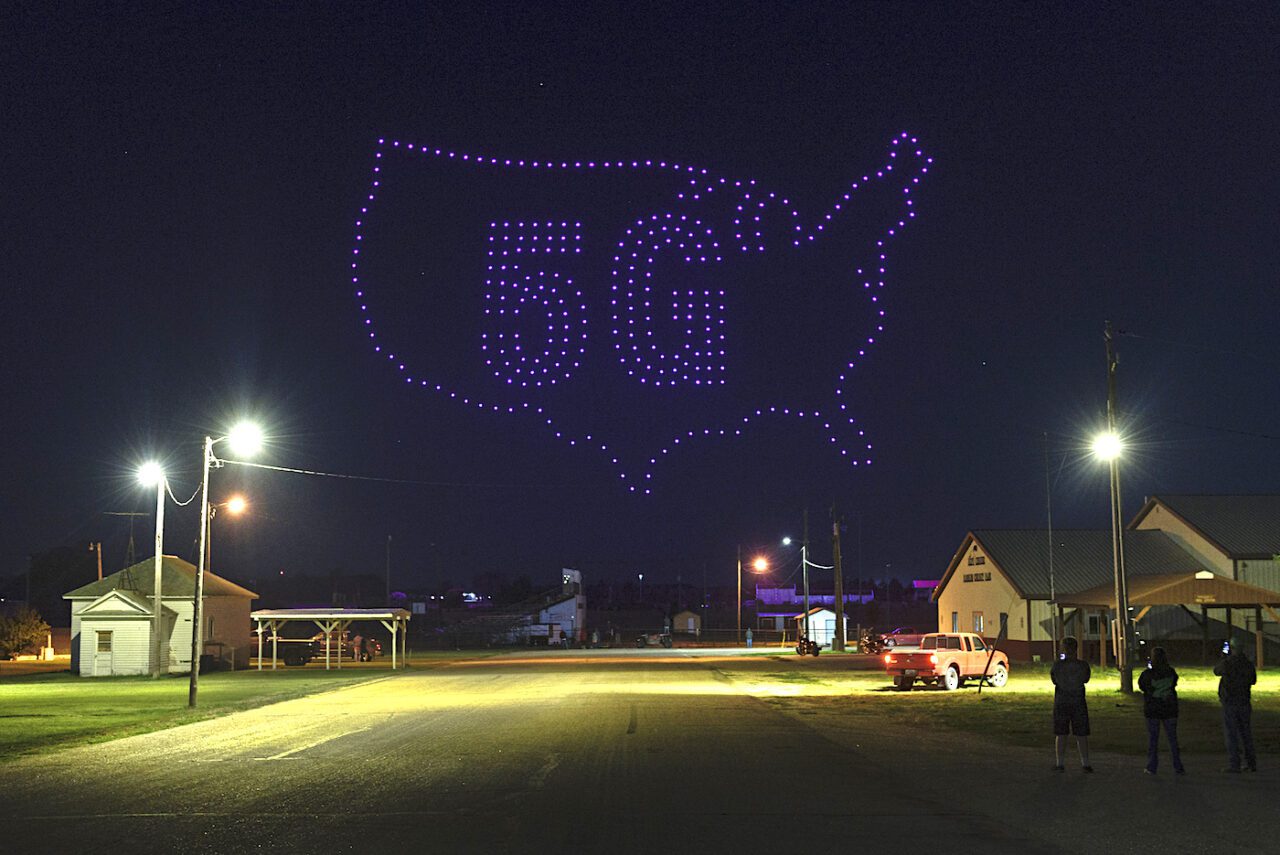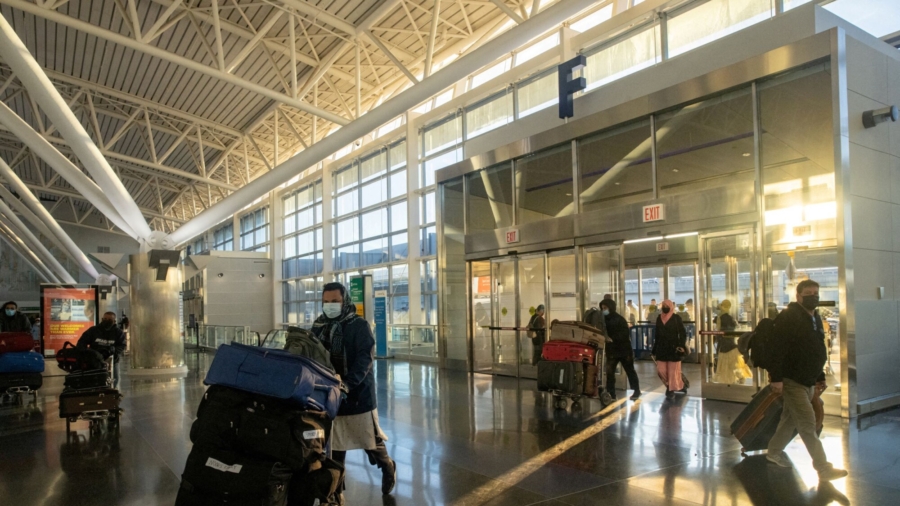Seems there's equal amounts of blame to go around. And plenty of blame for the gov't for failing to manage these issues far more proactively. Why are we right up against the switch being flipped with no solution? Did we learn nothing from LightSquared? (I actually consulted for LightSquared in a former life -- core network, not radio.) This is going to happen more and more often if the gov't can't deconflict issues between neighbors. Spectrum is limited and older technologies need to be adapted. Get used to noisy neighbors and play nicely. Easier said than done, I'm sure.
While it seems either side wants the other to fix it, I think the solution needs to come from both. I am not an RF expert but can't a rad alt design be modernized to filter out noise from adjacent frequencies or at least be smart enough to know when it isn't getting reliable results? Sure, that'll cost money. Conversely, it seems a rather big vulnerability if someone can throw off a critical sensor with a low-power RF signal. Similarly, can't telcos shape their beam more effectively to avoid blasting their signal into the air above? Do pigeons need 5G? Maybe drones do but certainly not around airports!
P.S. I bet this is going to give the 5G phobic conspiracy theorists a lot of new fuel to cross-pollenate with their whacky theories about vaccines, chips and Bill Gates.





/cloudfront-us-east-2.images.arcpublishing.com/reuters/ATXK6XL2HNMPZDWGIYV72CO57I.jpg)















